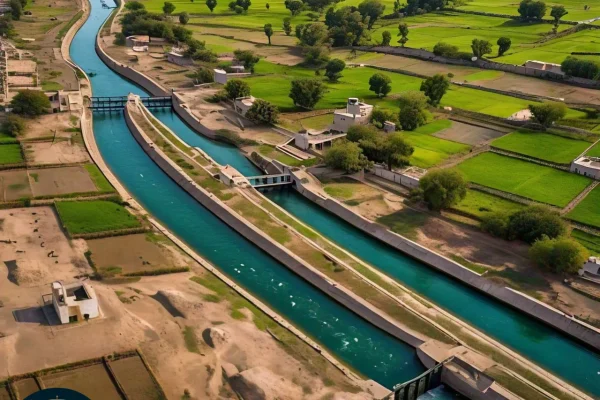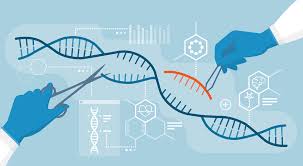
The Indus Basin Irrigation System: The World’s Largest Canal System
The Indus Basin Irrigation System (IBIS) in Pakistan is the world’s largest contiguous irrigation network, supporting over 14 million hectares of agricultural land. This article explores the historical development, key components, and challenges facing the IBIS, such as waterlogging, salinity, sedimentation, and climate change impacts. It also discusses future prospects and recommendations for sustaining this critical resource vital to Pakistan’s agriculture, economy, and food security.










